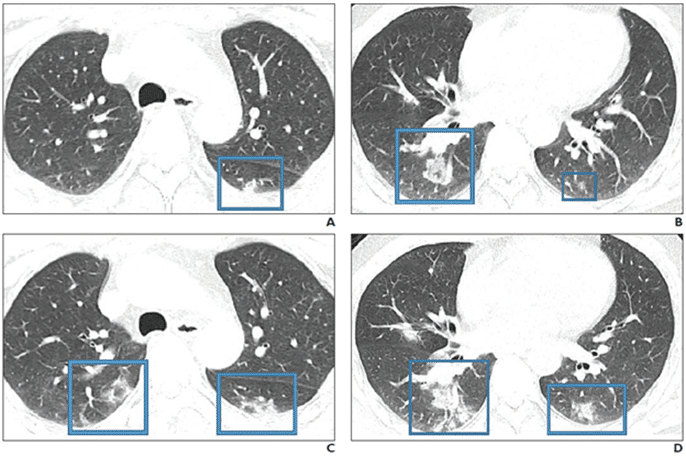Author Interviews, COVID -19 Coronavirus, Duke / 27.03.2020
Little Evidence COVID-19 Can Be Spread Through Tears
MedicalResearch.com Interview with:
Dr. Rupesh Agrawal, MD
Associate Professor
Senior Consultant Ophthalmologist
Duke-NUS Medical School, Singapore
MedicalResearch.com: What is the background for this study?
Wasn't Dr Li Wenliang, the Chinese physician who first alerted his community of coronavirus an opthalmologist, with possible exposure to tears from this surgical work with glaucoma patients?
Response: Since the start of the pandemic, there have been multiple reports which suggested the transmission of SARS-CoV-2 via ocular fluids. As ophthalmologists, we come into close contact with tears on a daily basis during our clinical examination. Furthermore, many equipment in the clinic like the Goldman tonometer come into direct contact with such ocular fluids, providing a channel for viral transmission. The evidence, as of date, were mainly anecdotal reports included in newspaper articles and media interviews. We wanted to know if the virus can truly be found in tears, so we decided to embark on this study. (more…)






























